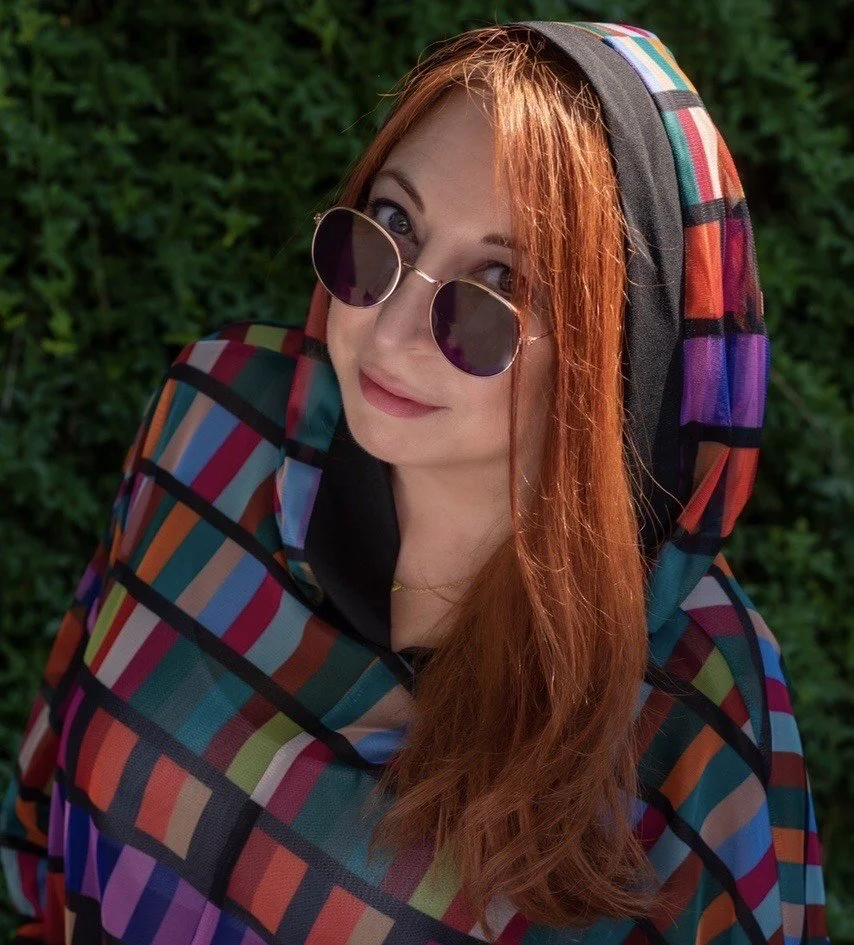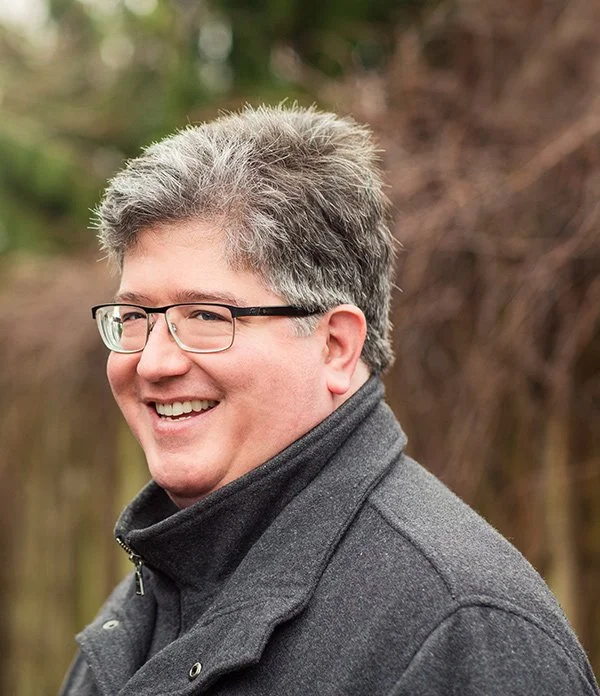Dianne Zenn
Diane Zenn is an author, artist and entrepreneur. She’s illustrated for several New York publications, was assistant to the creative director at New Line Cinema, created and moderates The Virtual Pen Society writers support group and runs a retail business which supports locally made products and independent authors. She’s currently working on a new project to craft an Indie Author Book Festival in Ridgewood NJ.
Marina Raydun: Your tagline says Diane Zenn would have preferred to be rescued, but instead became her own hero — how does that idea show up in Jin and Tonic?
Diane Zenn: It shows up as the opposite, really. Tonic becomes Jin’s hero. Sometimes Jin may be Tonics. I took the role of Tonic in my own life and rescued myself since no one else was volunteering. There comes a time when every individual has to come to terms with the fact that no one is coming to save them. That’s when you make the effort to change things for yourself and achieve what you want and need.
MR: Jin and Tonic is a mix of sci-fi, action, romance, and comedy. How do you balance all these genres while keeping the story flowing?
DZ: It just happens organically. I don’t really think about it. The sci-fi aspect allowed me to build my own world which no one can fact check, because I made it up. Action, Romance and Comedy have always been the ingredients of my favorite stories so I can’t imagine one without the others…except maybe Romance? But it’s rare not to have some romance in the mix.. unless it’s a buddy story…then you can have the action and comedy without romance, but almost always one of the buddies will have a romantic interest on the side.
MR: Tonic and Jin have such a fun, electric dynamic. How did you develop their relationship — did one character come first, or did they grow together?
DZ: They were created pretty much together. Almost 30 years ago? Just ad lib on-line goofing around in a chat room back in the 90’s. It’s hard to explain, but all the characters in this series pretty much told ME who they were and what was going to happen to them.
MR: Your story has a strong LGBTQ+ element — how important was it for you to bring diverse representation into this universe?
DZ: When I first started this, I didnt really think about that. It wasnt a deliberate choice, it just was what it was. I studied art and writing since I was a kid, and was always surrounded by diverse people in that environment of creative learning. It was normal to me. I thought about it after someone asked me if I'd allow them to change Jin to be female if it became a live action series. I would not. I could not tell the whole Jin and Tonic story with Jin as a woman because some of the things that happen to him would be so much worse if the character was female. Also, I wanted to show a future where who you are with is not even remotely an issue. It’s like how no one blinks an eye if a woman wears pants now, but in the past it would have been scandalous.
MR: There’s a lot of adventure and high-stakes action. Do you plot those sequences meticulously, or do they sometimes evolve organically while you write?
DZ: Both. I have the base outline, many of the more intense or funny or emotional scenes are written in advance, when the scene or emotions are triggered in my head. Then I stitch them together to form a novel. To do that involves inventing the reasons that get them from scene A to scene B and so on. I know exactly what’s going to happen in the main story arc from the beginning to end, but I work to fill in the icing in between the plot points. I say work but i really want to call it “Fun.”
MR: You’re also an illustrator and artist — does your visual creativity influence how you imagine scenes and characters?
DZ: Definitely. I can see every detail, recorded like a film in my head. I can watch these scenes over and over and edit them before and after writing them down. I've walked the Boulevard in Ba’nesspah and visited The Fantasy Palace many times. I'm pretty sure when I’m old and senile I will think these are memories of real places and people.
MR: Humor is such a key part of the story. Do you write jokes as you go, or do they come naturally from the characters?
DZ: Mostly it comes out naturally in dialogue. Once in a while I’ll think of something and figure out how to use it. I’ve even gone back into the story to sprinkle some things throughout just to set up and land one silly joke. The hardest one I ever had to work out was the “Who’s on first” type dialogue during the shopping scene in the snooty Pue De La Mode boutique. That took me months to get right! (I really hope everyone else thinks it’s funny too)
MR: What was your favorite scene or moment to write in Startown Biyobot, and why?
DZ: Gosh, that’s a hard one. To me, most of the scenes are iconic. But I think the most fun scenes to write are the epilogues with Masada and Tonic. I usually write the opening scenes and the epilogues before the rest of the book. The epilogues cap the book while hinting at what’s to come. Masada’s disapproving dialogue highlights and emphasizes the absurdity of Tonic's situation. I also love writing the scenes where Jin’s seemingly naive views or random actions suddenly seem logical to Tonic.
MR: How do you approach subverting classic “hero vs. rescued” tropes?
DZ: I try to keep the characters equal. Jin may need rescuing, but he’s no damsel in distress. He gets into trouble usually trying to be heroic. And even when he’s in danger, he doesn’t panic or seem to realize it. Tonic is flabbergasted by Jin’s lack of fear. No spoilers, but as the series progresses, more and more bad things happen and Jin will probably start developing that sense of mortal fear. I haven’t worked it out yet, but at some point Jin should rescue Tonic — literally, not in an emotional or psychological sense, which I’m sure will be apparent.
MR: Finally, if readers could take one thing away from the Jin and Tonic adventure — whether it’s laughter, excitement, or a little swoon — what would you hope it is?
DZ: Besides a little escapism, I hope to portray a healthy relationship and a non-dystopian future where we learned from our mistakes and didn't repeat them in the new worlds we created. Life imitates art. Look at some of the horrific things we watch and read as entertainment. There are no positive examples left to emulate. I want to show you can be the hero without killing and blowing up everything in sight. (Okay, maybe Esteban hasn’t learned this, but at least he shows some self control…usually) .
Get in touch with Diane here:
Buy the book here:
https://www.secretstudiostore.com/jin-and-tonic-startown-biyobot-paperback/




















